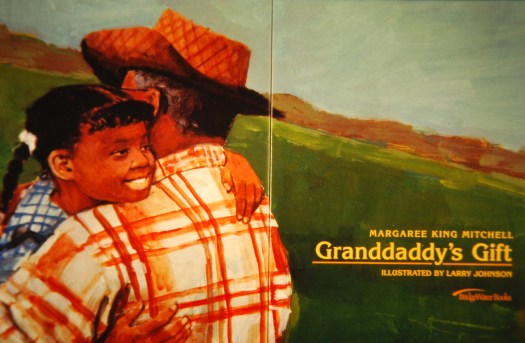As we enter the months leading up to the Presidential election in November, with caucuses, primaries, and debates in between, it is important to sit down with the children in our lives and let them know why it is important to cast votes for the candidates of our choice.

The hope of every parent is that their children will have a better life than they had. Exposing them to the realities of history might instill in them a desire to change conditions through the political process. We must let them know that there was a time in this country when black people did not have the same rights as white people. Only by being frank with our children can the world change.
Life is meant to move forward. If children have no sense of history, mistakes of the past will be repeated.
This brings me to the three points:
- Talk about history – Until the late 1960’s the constitutions of seven Southern states had ‘educational’ requirements which were specifically designed to prevent black citizens from exercising the right to vote. Registrars had complete freedom to reject any answer as incorrect. Several Southern states also enacted poll taxes, which had to be paid before voting. These taxes kept many black people and poor white people from voting.
2. Discuss tactics currently used to keep African-Americans and Hispanics from voting.
Some of these tactics are:
- Changing Polling Locations
- Eliminating Early Voting Days
- Reducing the Number of Polling Places
- Voter ID Laws
- Attacks on Groups that Register Voters
3. Read and discuss a book for children that deal with voting, such as Granddaddy’s Gift. This is a story that teaches children that just one person with a little courage can change their world.
Granddaddy’s Gift takes place in the South during the 1960’s. It is the story of a man who is respected in his town and has a very good life. He owns his own farm, grows food for the family, and takes good care of his family. He raises livestock and harvests crops. But even though Granddaddy has a good life he realizes that there is something else to strive for, like having the rights that all citizens are entitled to, such as the right to vote.
One evening Granddaddy attends a meeting where people are asked to volunteer to register to vote. No one volunteers at first. Then Granddaddy raises his hand. He volunteers to be the first black person in town to try to register to vote, even though great harm can come to him.

Although Granddaddy is not permitted to register to vote when he goes to the courthouse, bad things begin to happen. His name is printed in the newspaper as a warning to other black people who might try to register to vote. The local co-op will not sell him feed for his livestock anymore. In addition, his family is ostracized by other black people.
But Granddaddy does not give up. He studies for the test on the U.S. Constitution for several weeks. When he goes to the courthouse again, he passes the test and becomes a registered voter.
A big celebration is scheduled that night at a church to celebrate his accomplishment. As Granddaddy and his family arrive at the celebration they see big flames shooting into the night sky. Someone has set the church on fire. But instead of driving people apart, the fire brings the community together. And more people volunteer to register to vote.
The story ends with:

“On my eighteenth birthday, when I went to register to vote, Granddaddy came with me. I didn’t have to take a test on the constitution. I just had to fill out a card with my name, address, and date of birth. Now I could vote and make my own voice heard.
Granddaddy had taught me to stand up for things, even if I was scared, and always to be proud. His gift never left me.
At the top of the courthouse steps, Granddaddy took my hand. We had come a long way. We still had a long way to go.”
Granddaddy’s Gift is loosely based on my grandfather and the importance he placed on voting. When I reached voting age, my grandfather took me to the courthouse to register to vote.
Open a dialogue with your children and share your experiences with voting. Discuss the voting process with them. Answer their questions. It will be a learning experience for them and a reminder to you about the importance of voting.
For further information: Granddaddy’s Gift

